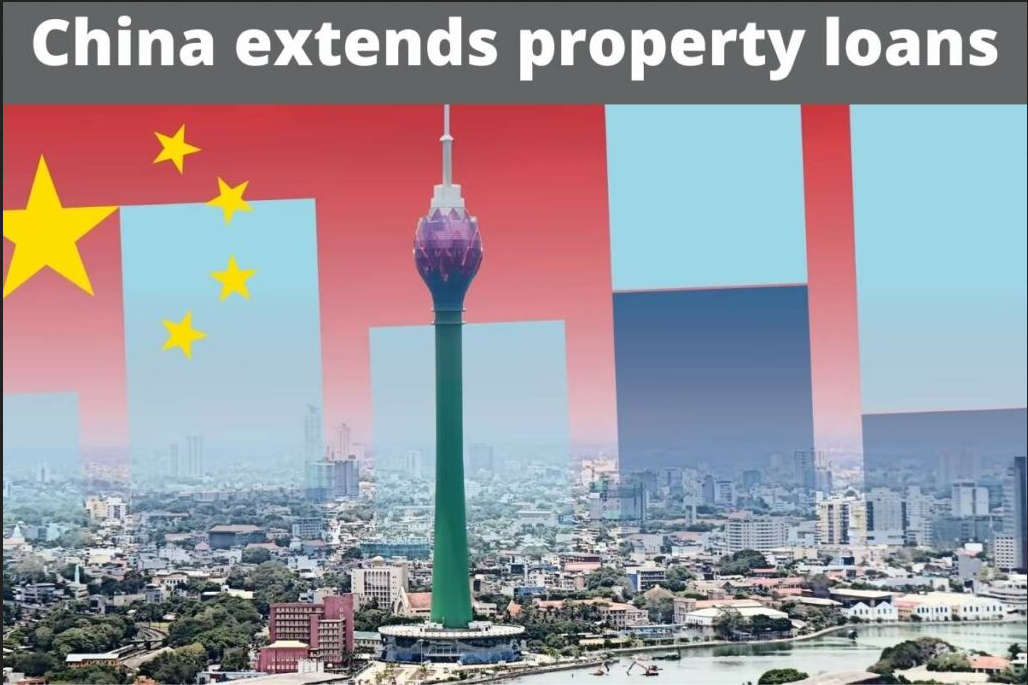China’s banking regulator has vowed to boost lending to help developers finish stalled residential or commercial building projects and expand homebuyers’ needs. The increasing refusal of homebuyer loans due to the housing crisis worsens China’s economic situation.
The China Banking and Insurance Regulatory Commission (CBIRC) said Thursday that it will step up efforts to help property developers finish delayed projects, urging banks to issue more mortgage loans to qualified homebuyers. It also noted that previous efforts to boost lending are working; mortgages have increased after the People’s Bank of China cut mortgage rates by two-tenths of a percentage point in May for first-home buyers. Substantially all—90%—of mortgage loans have been issued to first-home buyers.
According to Liu Zhongrui, an official from the Central Bank of China, the current lending pace for property-related loans has reached the fastest pace since 2019. Last April, new developer loans amounted to 52.2 billion yuan ($7.7 billion).
The pledge by China’s government is the latest move to appease a homebuyer revolt across the country. Homebuyers have been withholding payment on mortgages for unfinished properties, which has made property developers lose money. The movement is a sign of how a cash crunch facing developers is spilling over to other aspects of society. The problem began in 2020, when Beijing started cracking down on excessive borrowing by developers in a bid to rein in their high debt and curb runaway housing prices. The crisis escalated last year when Evergrande—the nation’s most indebted developer—scrambled to raise cash to repay lenders. As the property sector cools off, several major companies are seeking protection from creditors. Many property projects across the country have been delayed or suspended due to developers’ cash crunch.”
There is a growing public unrest due to canceled housing projects being repossessed before completion. In China, real estate companies are legally permitted to sell homes before it’s finished and use a proportion of the net proceeds to build the remaining structure. It’s typically the most widespread method for selling homes in the market.
The mortgage boycott could lead to bad loans at banks, which will further dampen the property sector’s already waning sentiment. If home sales continue to decline, developers in China will face a cash flow problem, potentially causing more debt defaults and delayed projects, creating a vicious cycle in the market. The property crisis will also place a major strain on the economy and financial system—real estate and related industries account for as much as 30% of China’s GDP. Earlier this week, the central Chinese city of Zhengzhou set up a property developer bailout fund to address unfinished projects. The fund will be jointly set up by Zhengzhou-based Henan Asset Management and Zhengzhou Real Estate Group; this measure is one of many taken by local governments as they attempt to tackle the mortgage boycott.
The fund will be used to revitalize projects that have run into difficulty or to rescue failing developers. The size of the sum to be invested has not been disclosed.



